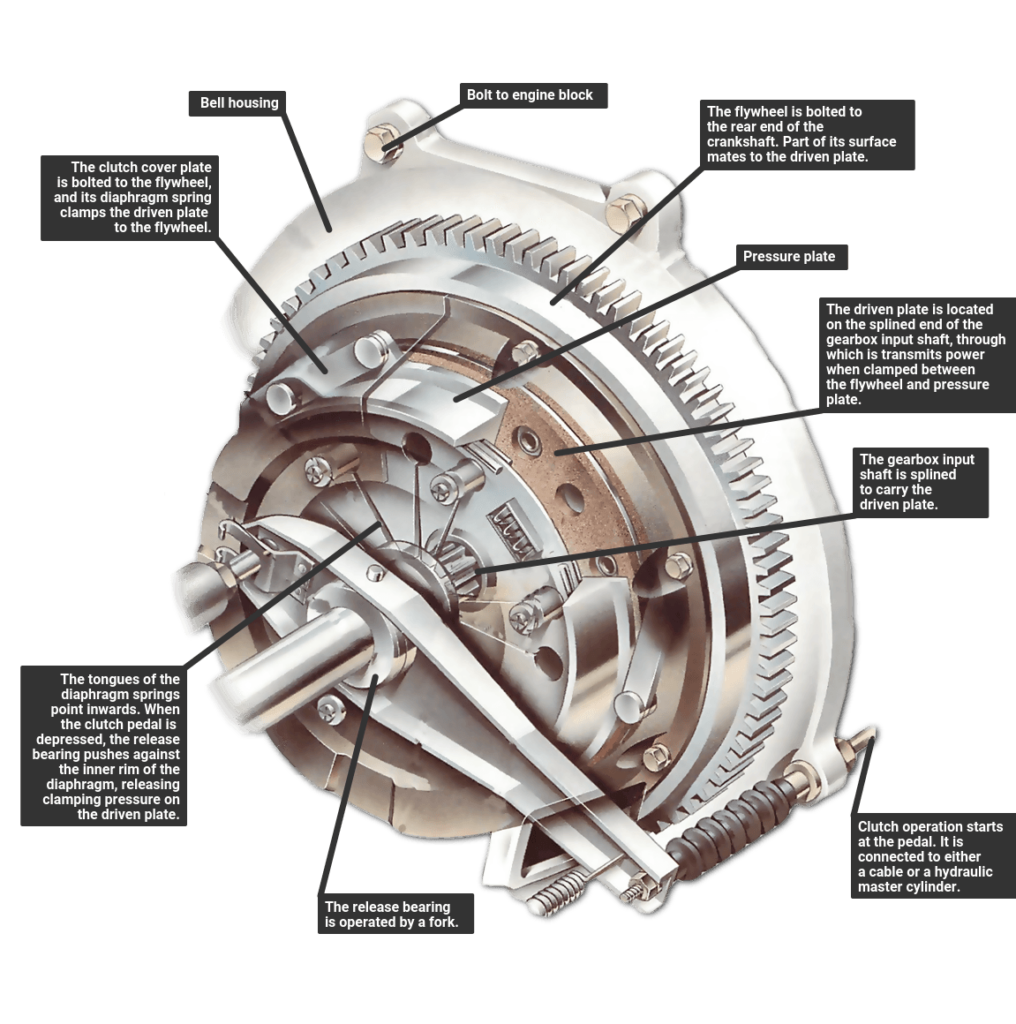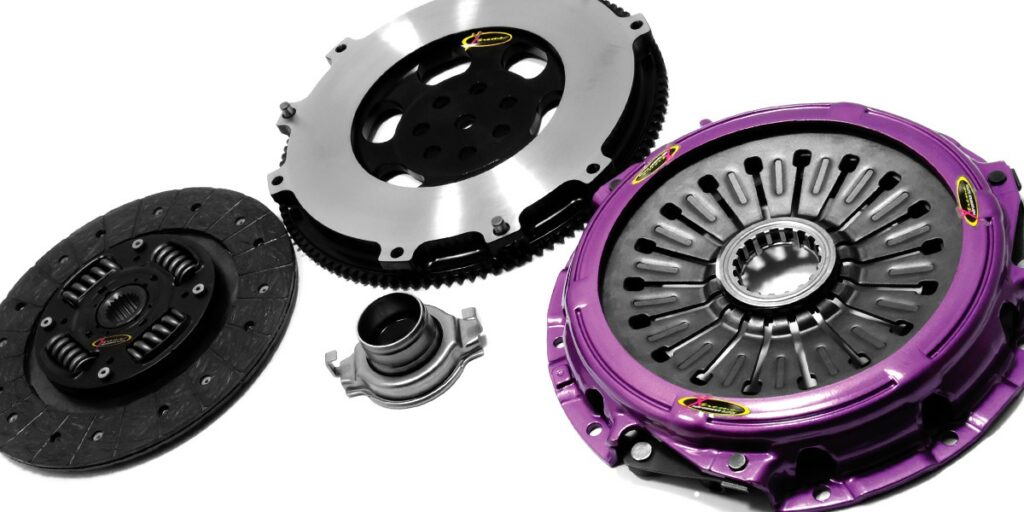Your car’s clutch is often overlooked until it starts causing trouble, but understanding the signs of a failing clutch can save you from more significant issues down the road. In this comprehensive guide, we’ll explore the purpose of a clutch, its lifespan, common causes of wear, and crucial signs that indicate it’s time for a replacement. Whether you’re a seasoned driver or just starting, knowing these essentials can keep your vehicle running smoothly and efficiently.
What Exactly Does a Clutch Do?
A clutch is a critical component of manual vehicles, allowing you to change gears smoothly and come to a stop while the engine remains running. It consists of three main parts: the clutch plate, pressure plate, and flywheel. Over time, any of these parts can wear out or develop problems, affecting your driving experience.

Can a Worn Clutch Lead to Other Issues?
Absolutely. A worn clutch can strain other components in your vehicle’s transmission and engine, potentially causing damage to the gearbox, differential, or even the engine itself.
How Does a Worn Clutch Affect Fuel Efficiency?
A worn clutch can lead to power loss and increased fuel consumption due to slippage, especially during gear changes and acceleration.
Signs Your Clutch Needs Replacement
Clutches typically give warning signs before failing completely. Look out for:
- Spongy, sticking, vibrating, or loose clutch pedal when pressed.
- Squeaking or grumbling noise when pressed.
- Ability to rev the engine but poor acceleration.
- Difficulty shifting gears.
- ‘Slipping’ clutch, causing a momentary loss of acceleration.
How Long Do Clutches Last?
On average, a clutch should last about 96,000 to 128,000 kilometres. However, driving habits, vehicle type, and maintenance practices can significantly influence its lifespan.

Common Causes of Clutch Wear
Aggressive driving, excessive slipping, towing heavy loads, frequent stop-and-go driving, and riding the clutch pedal are common causes of clutch wear and tear.
Tips to Extend Your Clutch’s Lifespan
Avoid bad driving habits like resting your foot on the clutch, change gears quickly and decisively, and refrain from using your clutch as a brake or for preventing roll-back on hills.
Replacing Your Clutch
If you suspect clutch issues, it’s best to consult a professional. The cost of a replacement clutch varies depending on factors like the vehicle make and model, type of clutch (OEM or aftermarket), labour costs, and any additional repairs needed.


